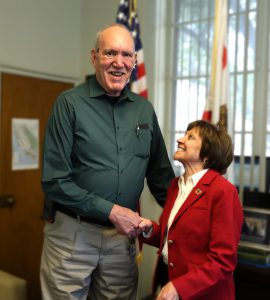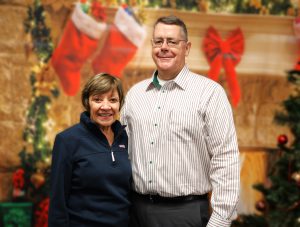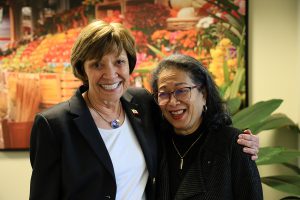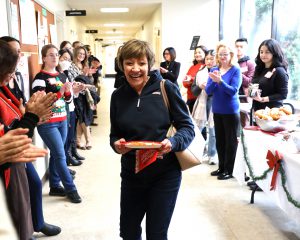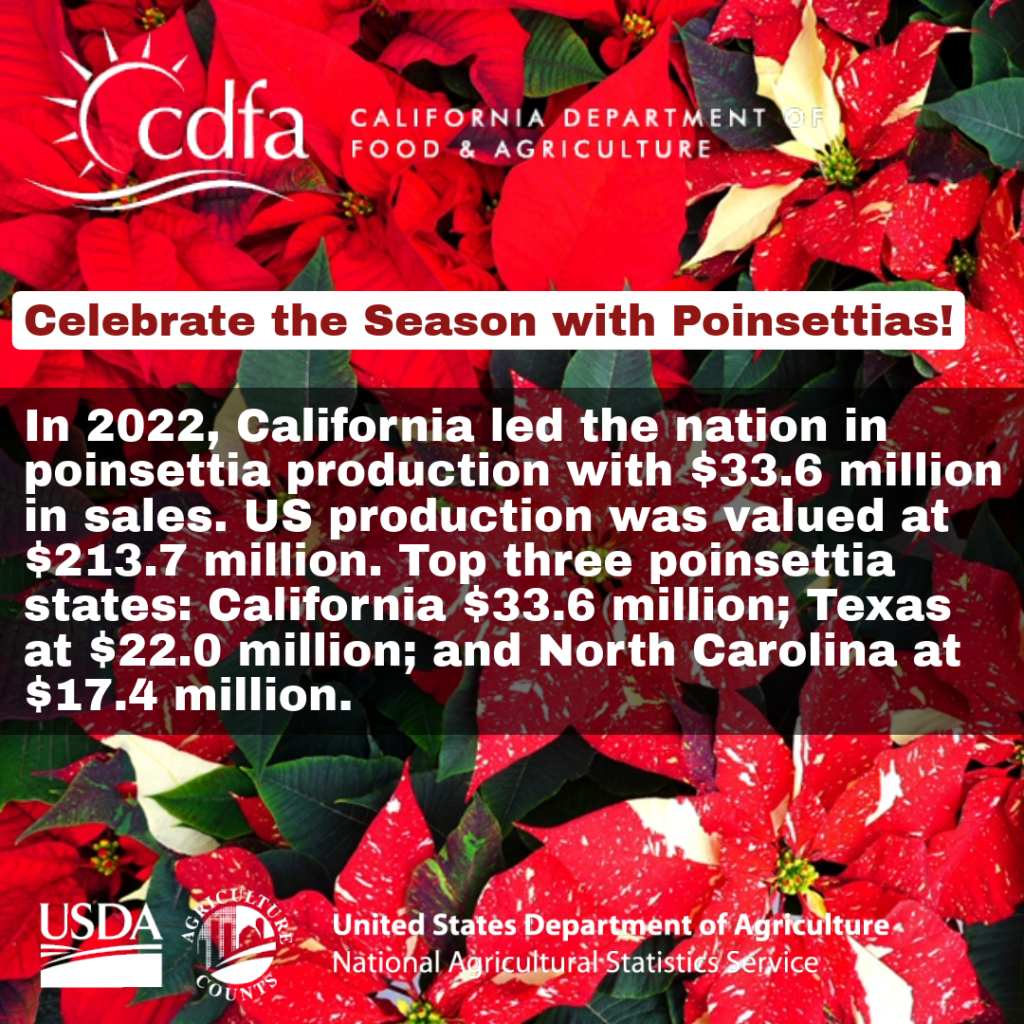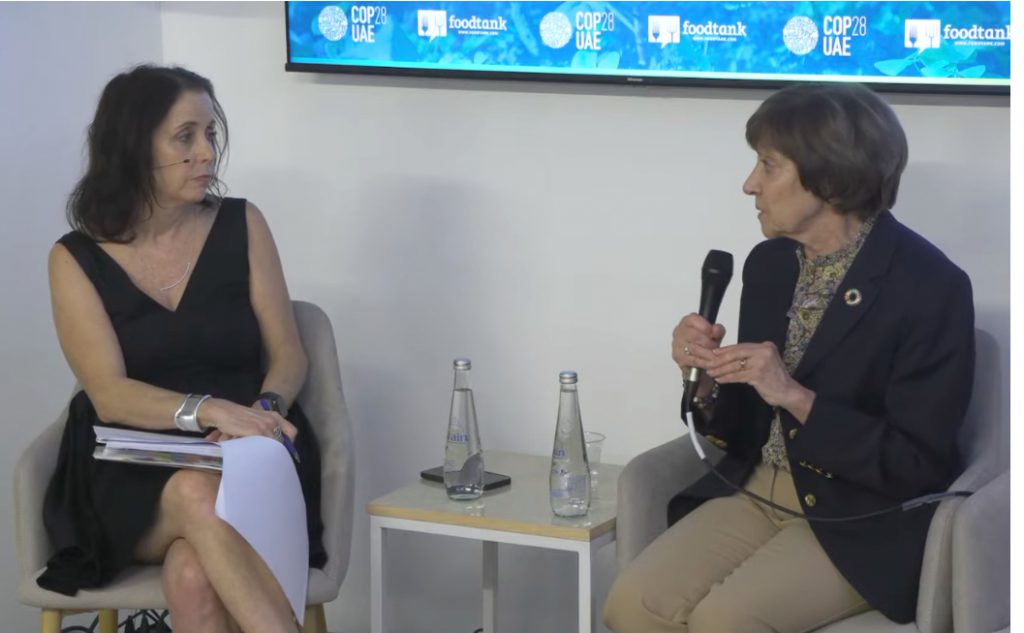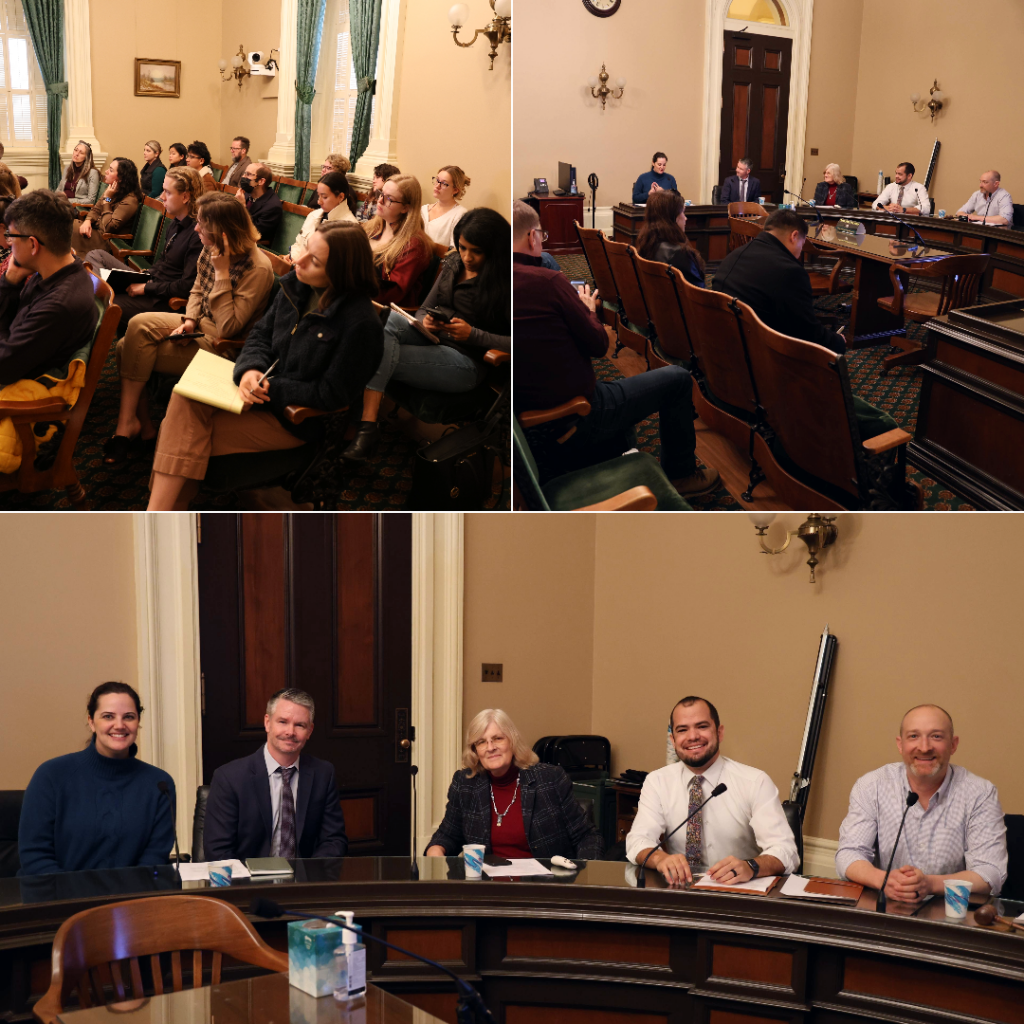Five distinguished CDFA leaders are set to retire this month, with each having served a pivotal role in steering the agency through many years of committed public service. “As they embark on a new chapter, I applaud and thank them for all their tremendous support and hard work,” said CDFA Secretary Karen Ross. “They have served Californians with dedication, leadership, and mentorship.”
Kristin Macey
Kristin Macey joined CDFA in 2007, first serving as a branch chief in the Division of Measurement Standards (DMS), then becoming the agency’s County/State Liaison before being named Director of DMS in 2010. Her work has directly contributed to the development of uniform measurement standards, which serve as the basis for laws and regulations currently adopted by every state in the US.
Rob Peterson
Rob Peterson has served the State of California since 2014. He joined CDFA in 2016 and will retire this year as Agency Chief Information Officer. Rob has been responsible for guiding and helping mentor CDFA’s enterprise IT programs, along with managing the agency’s large and complex IT operation.
Clark Cooney
Clark Cooney joined CDFA’s Division of Measurement Standards (DMS) as the Enforcement Branch Chief in 2015, overseeing areas that include device regulation, automotive products and weighmasters. He has served the public promoting marketplace equity through the weights and measures profession for more than 37 years.
Kim Quan
Kim Quan joined CDFA’s Inspection Services Division in 1990 as an office assistant. In 2006, she joined the agency’s Departmental Services/Telecommunications Unit as a Telecommunications Systems Analyst. She concluded her state career as a Telecommunications Systems Manager (Specialist) with the Office of Information Technology Services.
Lucy Valenton
Lucy Valenton has concluded a 43-year career at CDFA. Her entire time as a state employee was spent here. During her time with the Department she worked in Marketing Services, the Executive Office, and the Legal Office. For many years she was the sole support staff in the Legal Office and provided indispensable support to the legal team.




